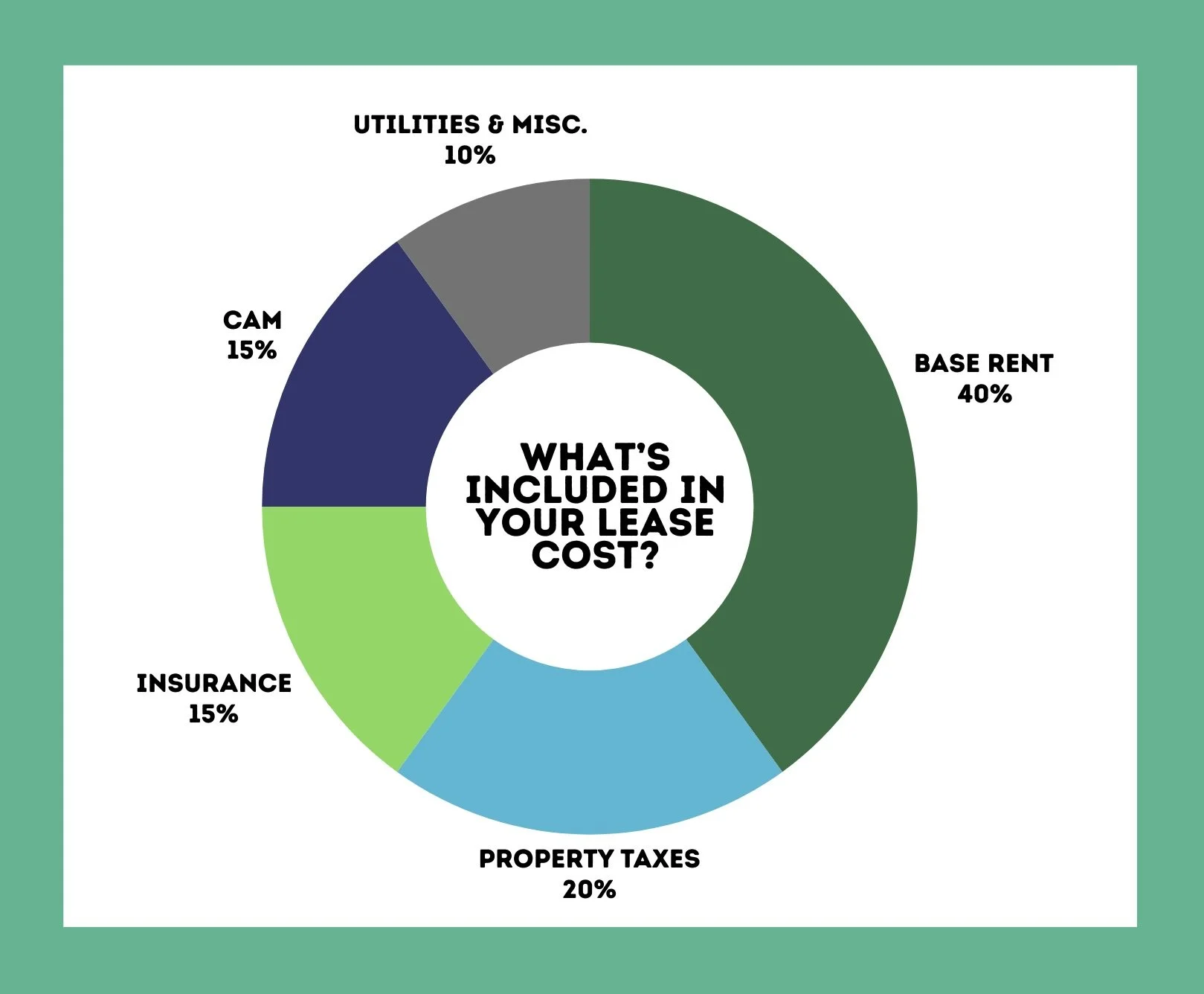The Top 10 Questions to Ask Before Signing Any Commercial Lease
Signing a commercial lease is a significant commitment for any business. Even as remote work becomes more common, many companies maintain an office space or headquarters, and the lease you sign can have long-lasting implications for your bottom line and operational flexibility. Before signing on the dotted line, here are 10 questions you should ask to minimize your risk and secure terms that align with your company’s needs:
1. What is the total cost? In addition to base rent, many commercial leases are “triple net leases,” which means you will also be responsible for paying property taxes, insurances, common area maintenance charges, and any other charges designated for payment by the tenant such as utilities. Make sure you request a breakdown of anticipated expenses and payment schedules in addition to the base rent.
2. What is the total cost? In addition to base rent, many commercial leases are “triple net leases,” which means you will also be responsible for paying property taxes, insurances, common area maintenance charges, and any other charges designated for payment by the tenant such as utilities. Make sure you request a breakdown of anticipated expenses and payment schedules in addition to the base rent.
3. How Long is the Lease Term, and What Are the Renewal Options? Commercial leases often run longer than residential leases—typically 3, 5, or even 10 years. Review any draft lease to determine what the terms of for renewal clauses, the structure of rent increases, and whether there is a right of first refusal on adjacent spaces (in case you want to expand your company’s footprint in the future).
4. Is There a Personal Guarantee or Security Deposit Requirement? Some landlords may require a personal guarantee, especially for new or small businesses. This could expose your personal assets if the business defaults. Questions to ask include:
Can the guarantee be limited in time or amount?
Is a security deposit required, and under what conditions is it refundable
5. Are There Any Restrictions on Use or Modifications? Make sure the lease allows your specific type of business activity and doesn’t include vague or outdated restrictions. Also, review the lease to determine whether you can make alterations or install signage.
6. What Happens if You Need to Exit the Lease Early? Unforeseen changes happen, and if your business were to relocate or your space needs changed, it is critical to know whether subletting or assignment is permitted under the lease, and whether the lease contains an early termination clause (and any associated penalties).
7. How Is Rent Adjusted Over Time? Rent escalations can be structured in several ways:
- Fixed annual increases
-CPI (Consumer Price Index) adjustments
-Market rate resets
8. What Are the Landlord’s Rights of Access? Landlords usually retain the right to access the property for repairs, inspections, or showings. Review the lease to determine how much notice must be given and whether there are limits on hours of access.
9. Are There Any Exclusivity Clauses or Co-Tenancy Provisions? If you rely on foot traffic or a specific customer base, it’s important to know whether the landlord can lease space to your direct competitors, and whether there are any co-tenancy clauses that would allow you to reduce rent or exit the lease if an anchor tenant leaves. These provisions are important in the context of retail and restaurant leases.
10. What Happens at the End of the Lease? Leases often refer to leaving the property in “broom clean” condition, but there may be other responsibilities, such as a requirement to remove fixtures or improvements. Commercial leases may also contain penalties for not restoring the space to its original condition. It is also important to ensure that the lease does not automatically renew without your consent.
Final Thoughts
Commercial leases are legally binding, and can favor landlords if not negotiated carefully. Negotiating even small terms upfront can save you from serious liabilities or financial strain down the line, and having legal counsel review your lease prior to signing can help you identify which areas should be a priority in negotiations.

